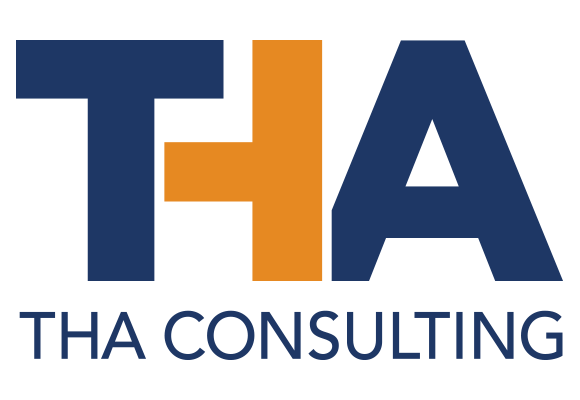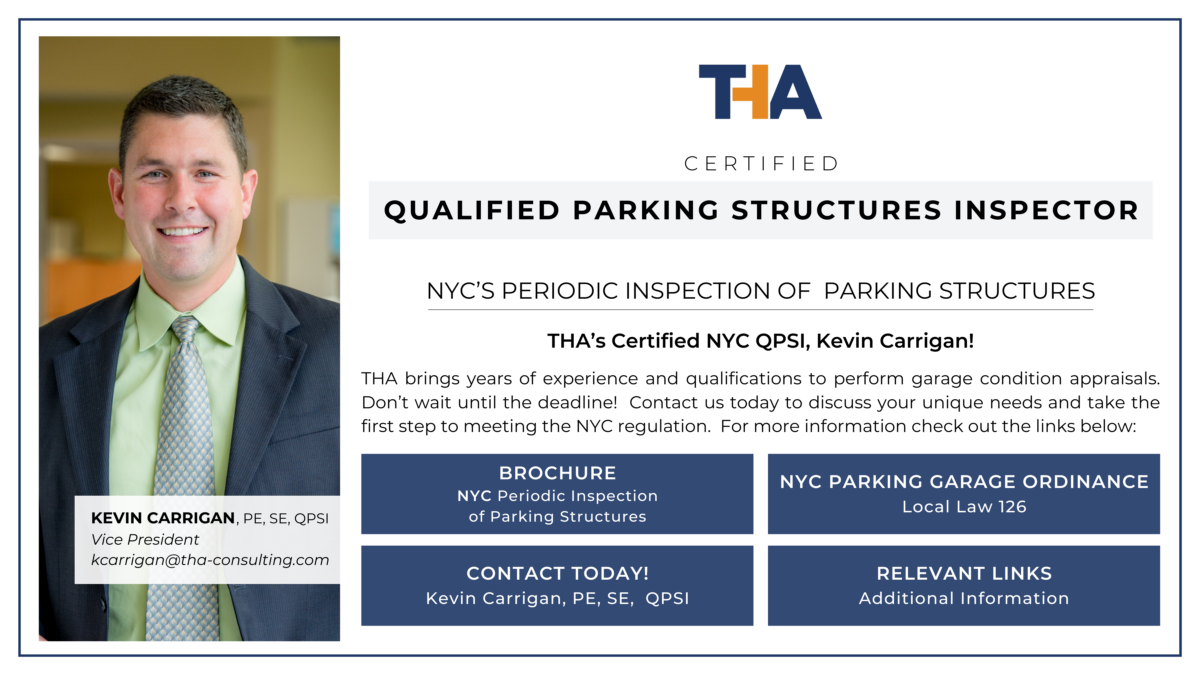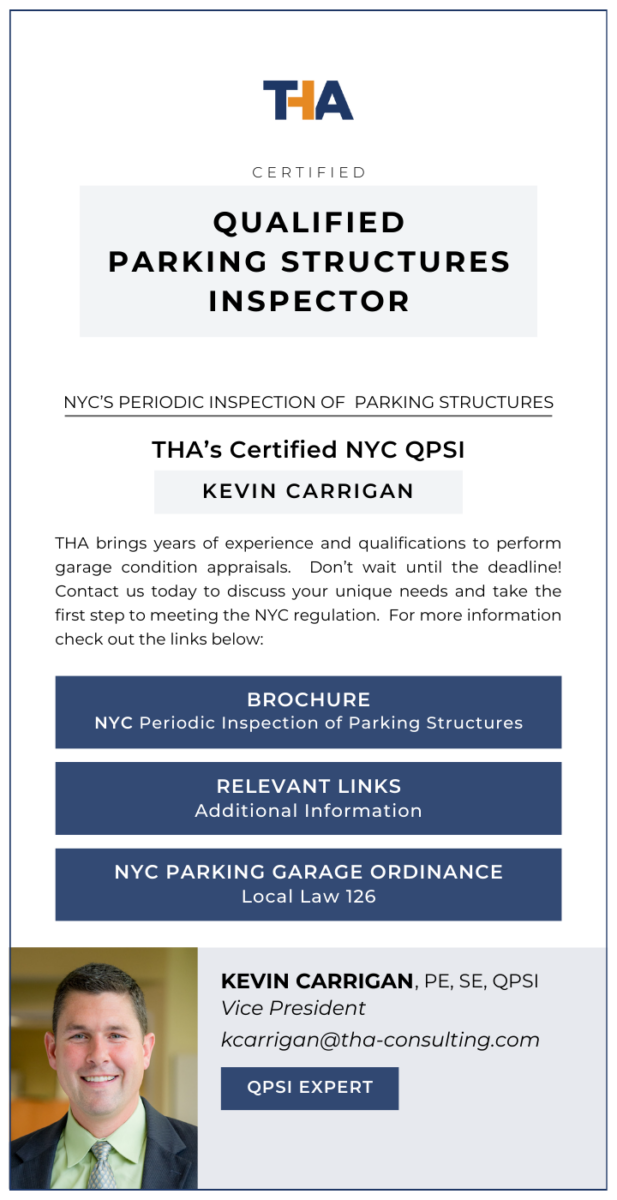I know I have a parking problem but I don’t know how to address it. What steps should I take?
The process toward determining the need for a parking structure is complex, but critical. The following are some best practices for identifying a parking problem and developing a successful solution:
- Parking Study
Engage a third party to “right size” the parking supply to validate the need for additional parking, either surface or structured. A successful parking study will assess the current parking situation, as well as build a demand model tailored to the area, specifically considering planned future growth. A parking study will take into account where and when parking demand is the greatest, what user groups most affect and are affected by parking and, in some cases, suggest that parking management initiatives might be the smartest and most cost-effective solution to current parking problems.
- Site Feasibility Analysis
If the parking study establishes the need for additional parking supply, the next best step is to determine where it should be located. The siting of a parking garage needs to complement the master plan, particularly to reduce vehicular/pedestrian conflicts, minimize traffic congestion, and, most importantly, to complement the long-term growth of the campus, neighborhood, or development.
- Engage a Parking Consultant
Parking planning and integration should begin at the very start of any development, with the consultant leading or supporting the team in crafting a comfortable and intuitive, yet efficient, design. With expertise in creating functional designs, a consultant prioritizes an acceptable level of service for garage patrons and, most importantly, affordable design. An experienced parking consultant is also able to marry function, aesthetics, and structure to balance user comfort, operational success, and structural economy, regardless of whether the garage is designed using precast or cast-in-place construction.
*Federal, State, and Local codes govern most of these requirements and should be thoroughly investigated. Data presented herein should be considered guidelines only. For more specific information and assistance with implementation of these guidelines, please contact THA Consulting, Inc. via email at info@tha-consulting.com


